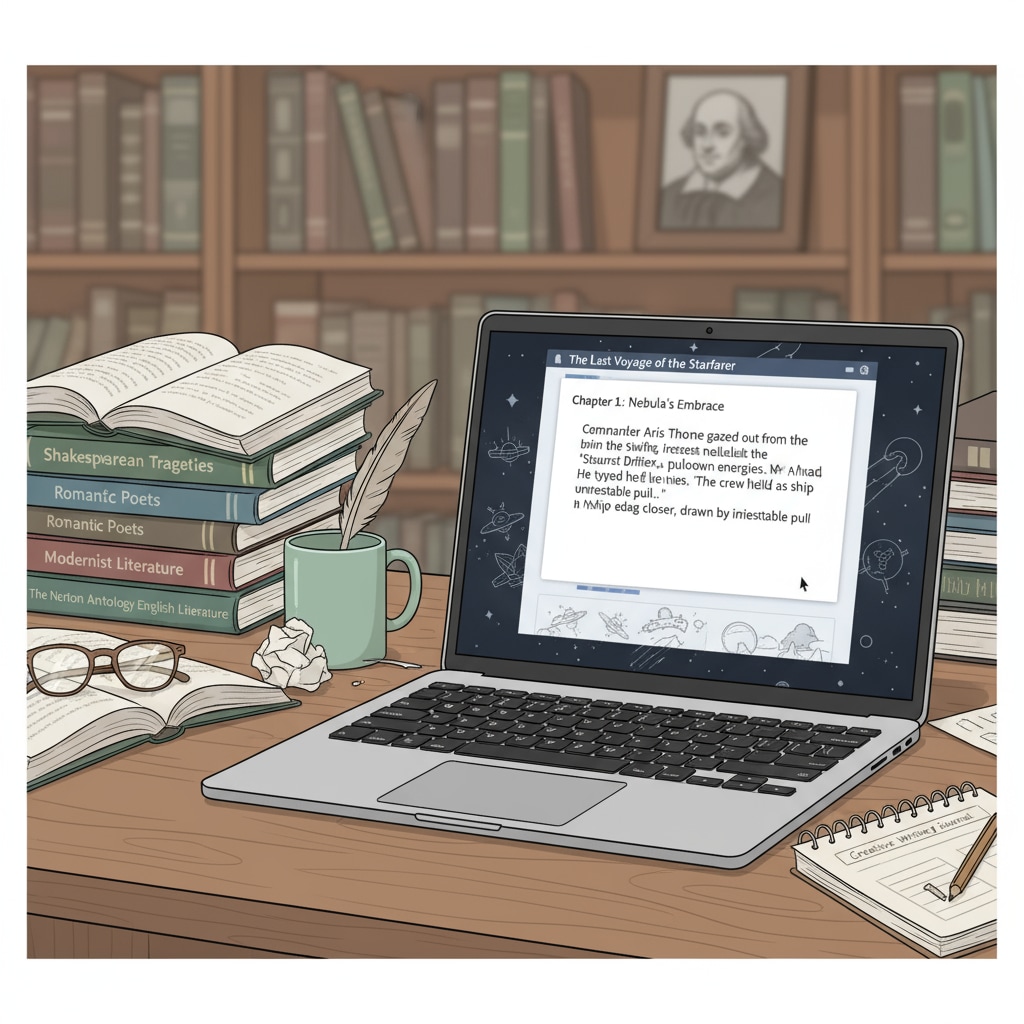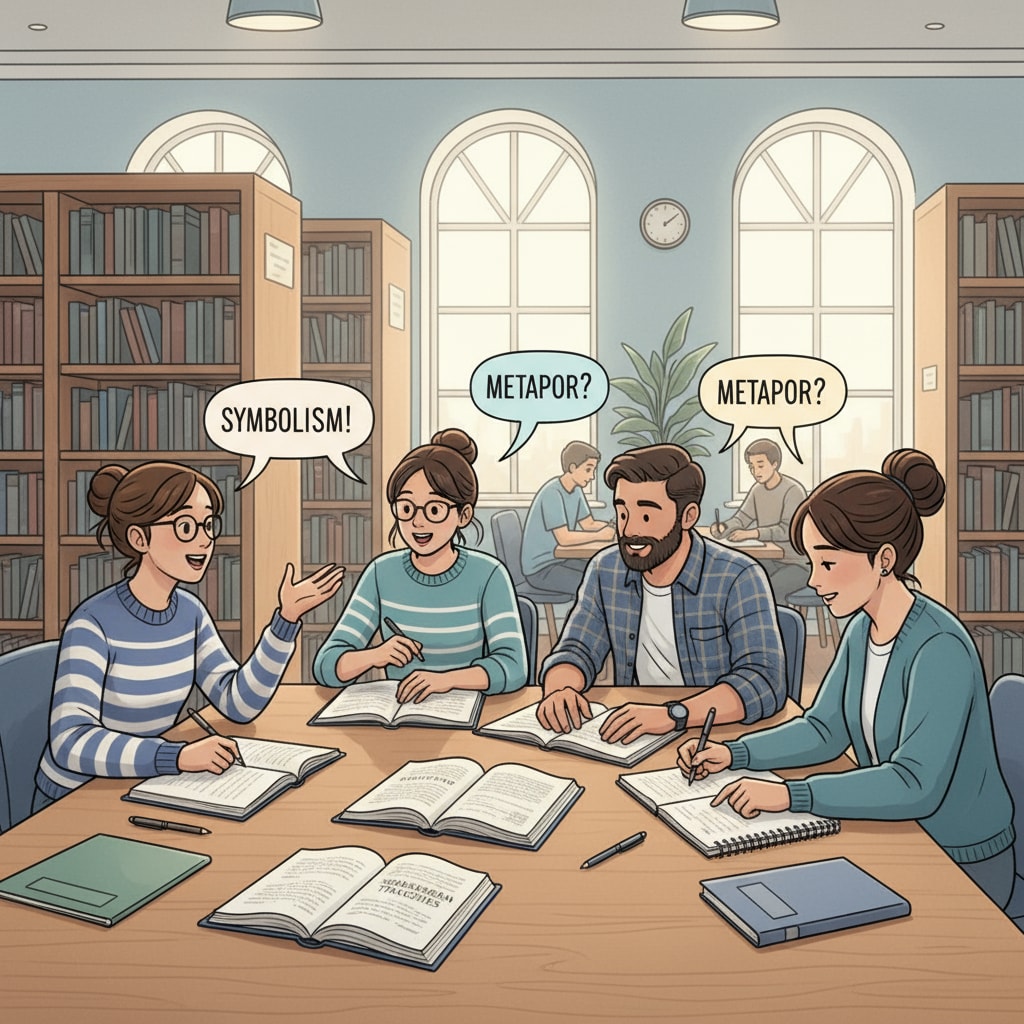Embarking on a master’s journey in English literature and creative writing comes with its fair share of stress. The demanding coursework, high academic standards, and the need to constantly create and analyze can be overwhelming. However, with the right strategies, students can effectively manage this stress and thrive in their studies.

Building a Strong Foundation from K12
K12 education plays a crucial role in preparing students for the academic challenges that lie ahead, especially in master’s programs. During this stage, students can develop essential skills such as good study habits. For example, learning to take detailed notes, organize study materials, and create a dedicated study space sets a solid groundwork. Time management skills are also honed in K12. By scheduling study sessions, setting priorities, and balancing different subjects, students are better equipped to handle the complex workload of master’s courses in English literature and creative writing. Education on Britannica
Developing Effective Study Habits
In master’s courses of English literature and creative writing, having effective study habits is essential. First, break down large tasks into smaller, manageable ones. For instance, when analyzing a complex literary work, divide it into sections and study each part thoroughly. Create a study schedule and stick to it. This consistency helps in better understanding and retention of knowledge. Additionally, engage actively with the material. Instead of passively reading, take notes, ask questions, and discuss with peers.

Time Management for Success
Time management is a key factor in managing stress. Allocate specific time slots for different tasks such as reading literature, writing assignments, and conducting research. Prioritize tasks based on their importance and deadlines. Use time management tools like calendars and to-do lists to stay organized. For example, if you have a creative writing assignment due, set aside dedicated time each day to work on it, starting from brainstorming ideas to the final draft. Time management on Wikipedia
Fostering Mental Resilience
Mental resilience is vital when facing the stress of master’s studies. Understand that setbacks and challenges are normal. When you receive critical feedback on your creative writing or struggle to understand a difficult literary concept, don’t get discouraged. Instead, view it as an opportunity to learn and grow. Practice relaxation techniques such as meditation or deep breathing to reduce stress levels. Surround yourself with a supportive network of friends, family, and fellow students who can offer encouragement.
In conclusion, managing stress in master’s courses of English literature and creative writing is achievable. By building on the skills developed in K12, cultivating good study habits, mastering time management, and fostering mental resilience, students can not only survive but excel in their academic journey. With these strategies in place, the stress associated with these courses can be transformed into motivation for growth and success.
Readability guidance: The article uses short paragraphs and lists to summarize key points. Each H2 section provides practical tips. The proportion of passive voice and long sentences is controlled, and transition words are used throughout to enhance flow.


